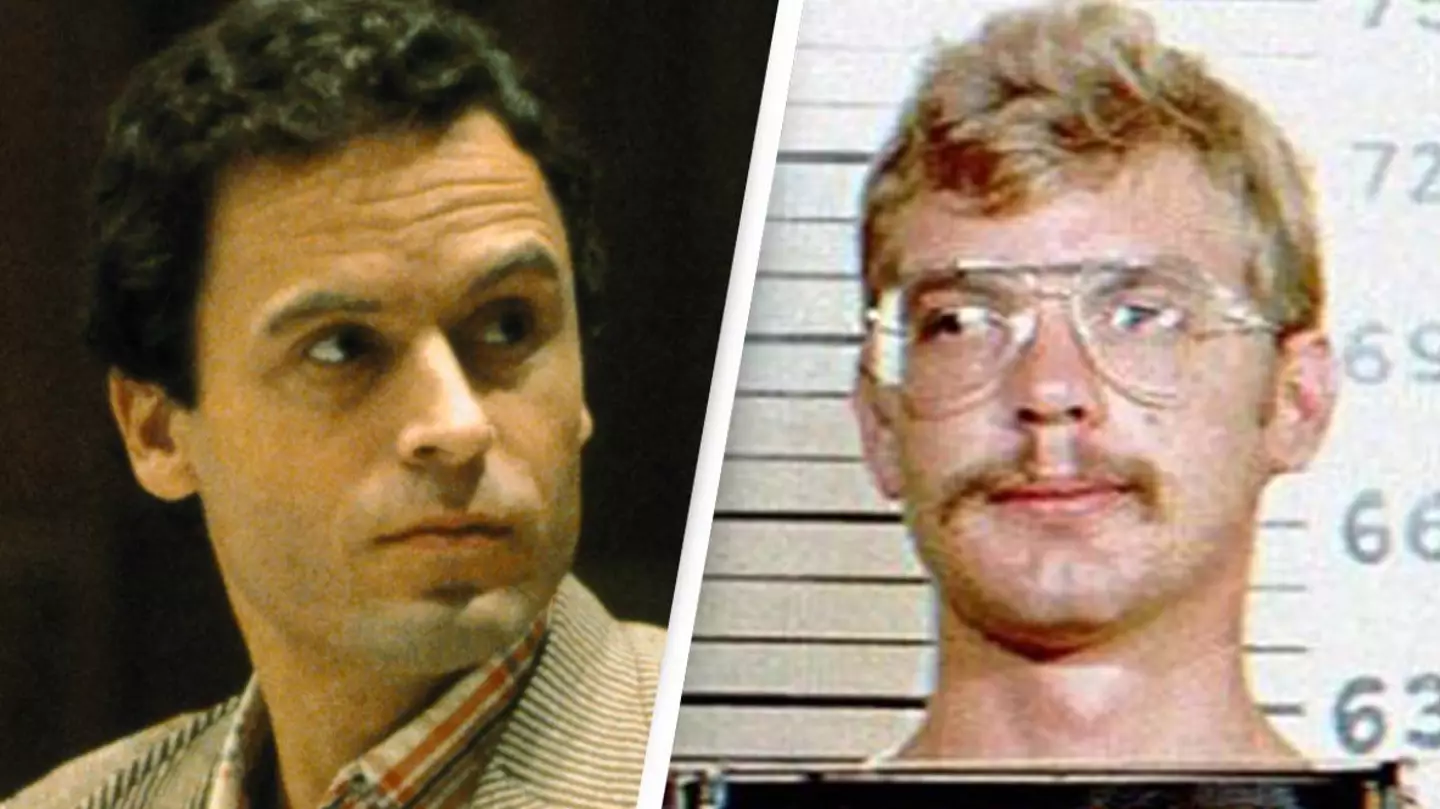
Many of us are obsessed with true crime documentaries about serial killers - but would we know how to identify one?
After all, how many times have people close to the murderers insisted they seemed like ordinary people?
Well, one expert has a list of clues that might tell you whether or not you're in the company of a murderer.
Cliff Lansley says that killers can often give themselves away with the smallest details.
Advert
Speaking to The Hippocratic Post, he said: "Even the most confident, hardened killers can give themselves away with tiny signs and gestures from the face, body, and voice that suggest that they are lying.

"The key is to know what you are looking for – the reliable indicators of deception."
Of course, there's no one size fits all approach to this.
Advert
But if you want to know whether or not somebody is lying about being a killer, there's a simple way to get the truth.
It's not whether or not they avoid eye contact, begin to sweat or avoid questions.
Lansley suggests setting a foundation of truth: "We talk about things that are safe and true, such as their family, skills, education and hopes and dreams.
"During that period, we note how often they blink, the normal colour of their skin, their speech rate and how they maintain eye contact.
Advert
"Later on, when the real questioning begins, we can assess changes to these normal baseline patterns to assess discomfort, stress and lying."

Some criminals may use eye contact to judge whether their interrogator is buying their lies, while others may avoid it altogether.
Linguist John Bowden added: "Breaks in eye contact indicating deception are generally accompanied by additional deceptive body behaviour."
Advert
This highlights the importance of looking at body language comprehensively, rather than just taking one nonverbal sign out of context.
As said, every person is unique and will demonstrate varying cues under pressure – which is what makes reading body language so tricky.
So, in case you were looking to catch someone out, the way to tell if someone is lying is finding their truthful, baseline expressions and notice how they change during questioning.
Though admittedly, I would not recommend trying to catch out any suspected murderers for the time being.
Advert
I can't imagine they're the types to take kindly to a little bit of amateur interrogation.
For now though, we’ll leave it to the professionals.
Topics: Crime, True crime
